Pro’ is the photographer’s blessing and curse. It is the status we all – well, many of us – aspire to. It is the marketing gimmick created by the exploiters of the Gear Acquisition Syndrome to make people believe that tools make the craftsman. ‘Amateur’, on the other hand, is a word associated with casual photographers, ‘wannabe’ artists, and people who want to make you believe that tools make the craftsman.
I have always been unconvinced that such a difference exists, at least in the general meaning associated with the words ‘pro’ and ‘amateur’, and in relation to the idea that the equipment used or the quality of the shots distinguishes one category from the other.
Let’s take these two photos as an example.
The first was taken during an assignment – a boxing match, actually – with a Nikon D610 and a Nikkor 24-120/4.
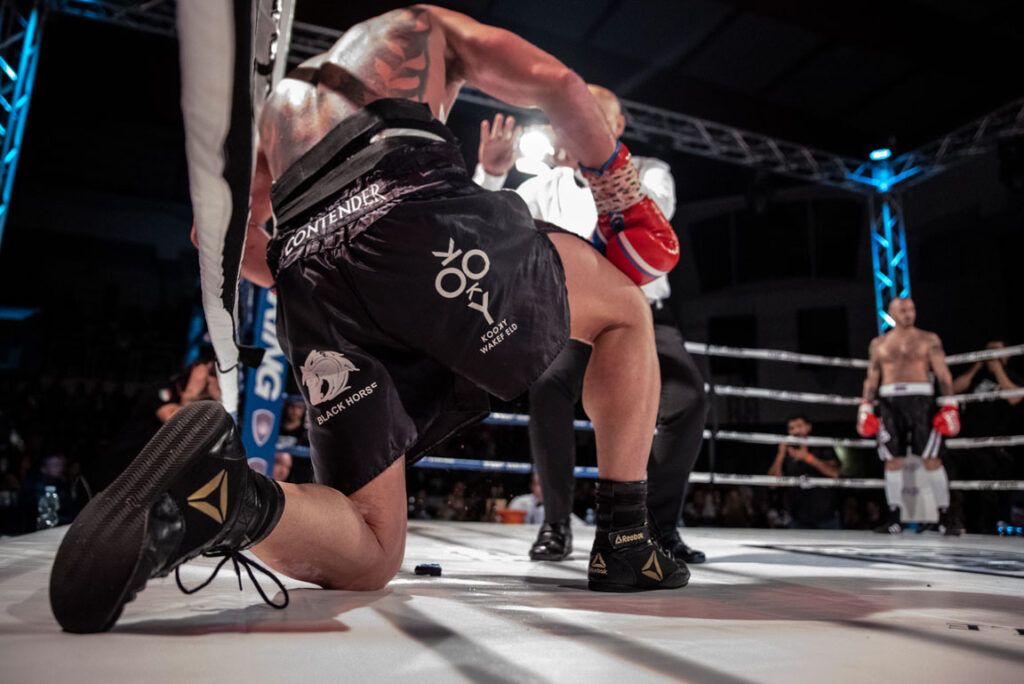
The second was taken with a Leica M9 and a Zeiss Biogon 35/2.8 during a few days off in Brussels.

Both are of decent quality, taken with expensive equipment, and the Leica would not be out of place in a ‘professional’ shoot.
Now let’s look at the following picture, taken with a Voigtlander Bessa R2, a Leica Elmarit 90/2.8 and an Ilford XP2 Super 400.
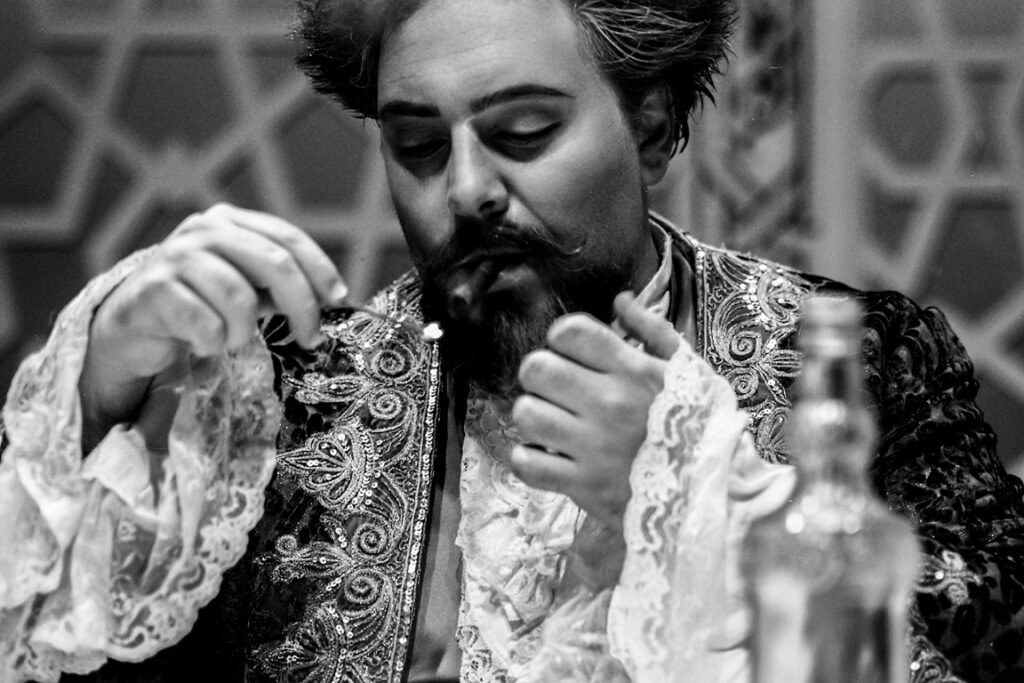
Is this photo of lesser quality than those taken with more expensive and powerful equipment?
And what about this one, taken with an iPhone7 plus?
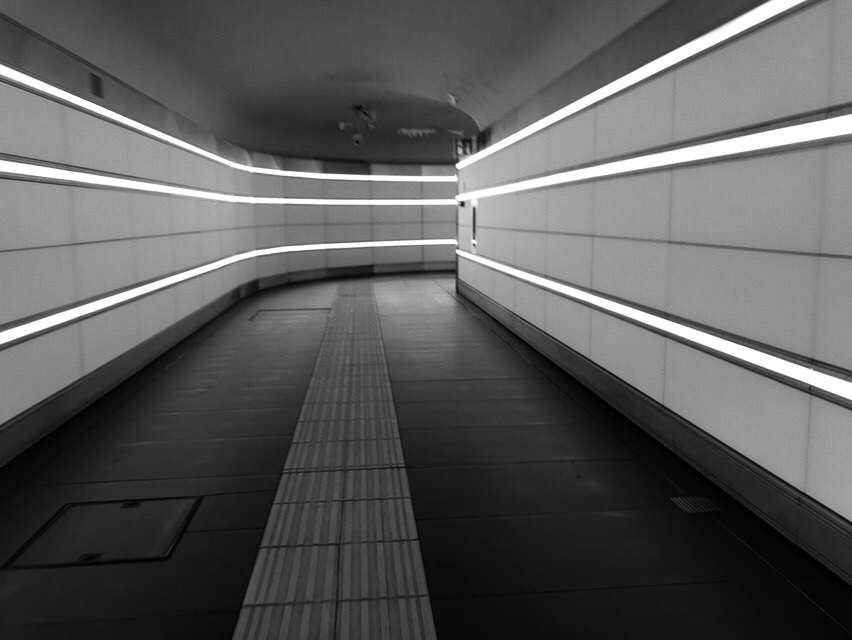
Whatever your personal opinion on the photographic quality of these images, the fact is that the end result has nothing to do with the equipment itself and everything to do with how it was used. This is an (empirical) proof that the attribute ‘professional’ is not related to the ‘what’, but to the ‘how’. It is not about owning things, but about mastering knowledge. Therefore, there are no ‘pros’ or ‘amateurs’ in photography, only people on a journey to know themselves by looking at the world through a viewfinder.
Wait’, you may ask at this point, ‘how can you say that there is no such thing as a ‘professional photographer’? What part of outer space do you come from?
Well, let’s look at what it means to be a ‘professional’ as opposed to an ‘amateur’.
The first and foremost difference is that a professional pays his bills with the money he makes from taking pictures.
So you are a professional even if you only take portraits for the college yearbooks, primary school football matches and local ceremonies. I mean no disrespect to photographers who work in this line of business. Dealing with people is always a challenge, and taking good pictures – the essence of the job – may be no less difficult than photographing a cheetah in a remote African wildlife reserve. On the contrary, it is this kind of work that shows what it means to be a professional. If you want to make a living from photography, you have to be reliable, on time, able to produce consistent results and to work in difficult conditions, prepared for the unexpected. First and foremost, however, you need to be trusted as somebody who will capture important moments in a person’s life that, once gone, will never come back.
The main point of this article, then, is that there is no difference between a professional and an amateur in terms of equipment, location, or the type of pictures one takes. The only thing that matters is whether the photo is good or not. There is, by contrast, a difference in how things are done.
A professional does not have the luxury of being able to choose his assignments, but has to deliver pleasant photos no matter how boring the work. A professional cannot live by the motto ‘tomorrow is another day’: if something has to be done now, it has to be done now. A professional is not there to create ‘art’, but to deliver results that are acceptable to the client. A professional is not a ‘free’ man.
To sum up, there is no such thing as a ‘professional’ photographer, but only a ‘professional way’ of taking pictures, regardless of the photographer’s business status. Whether this is done to foot the bils or satisfy an inner need, it is a horse of different colour.
—
You may find more about my works on my website (sorry, no Instagram, 500px or other social network accounts.)
Share this post:
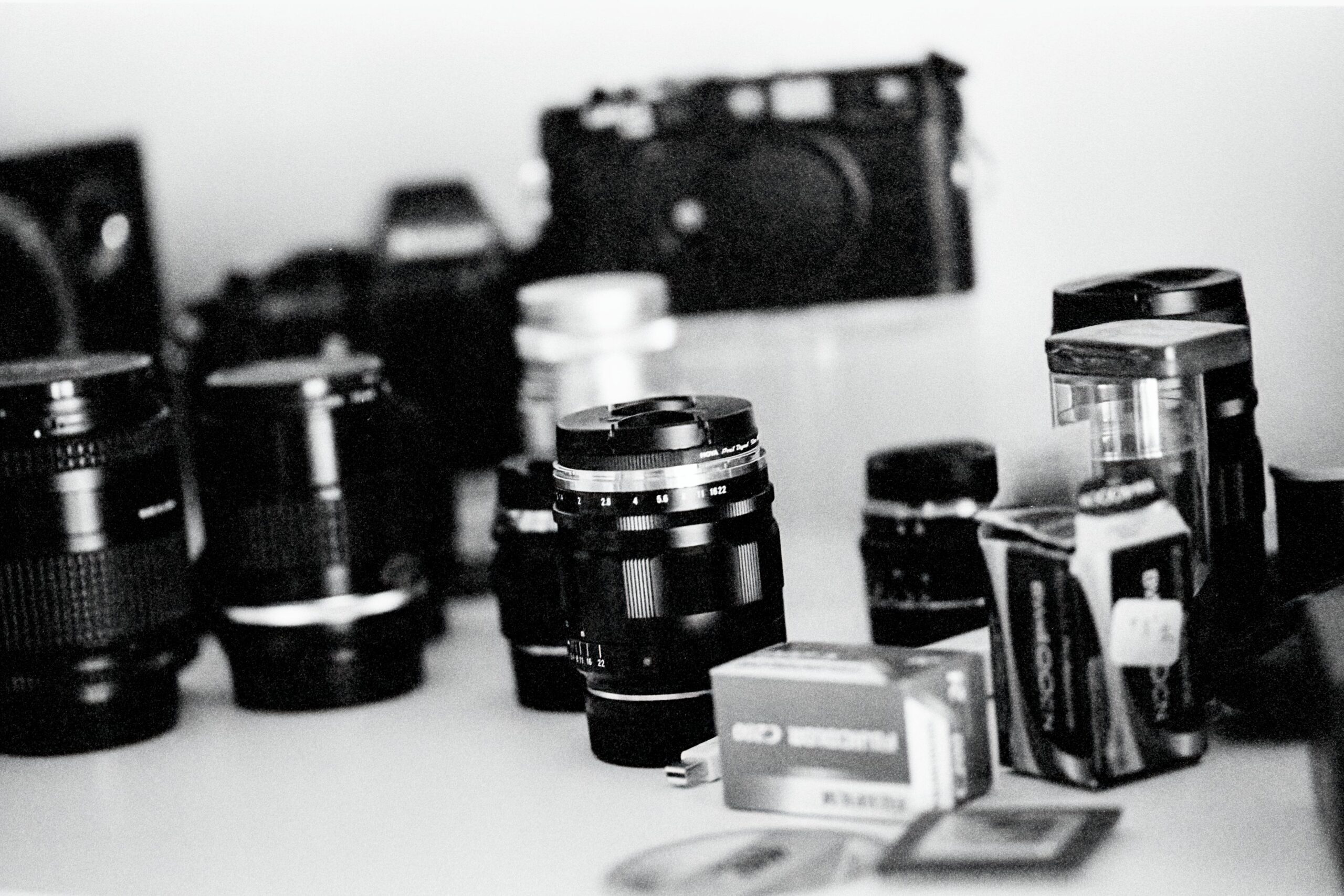
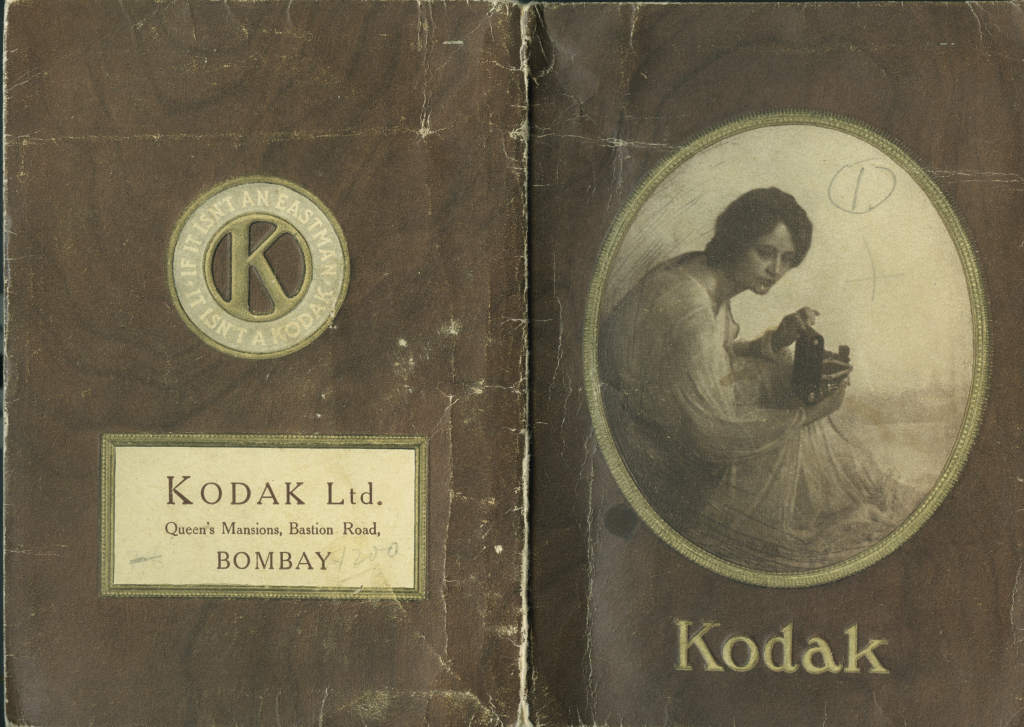

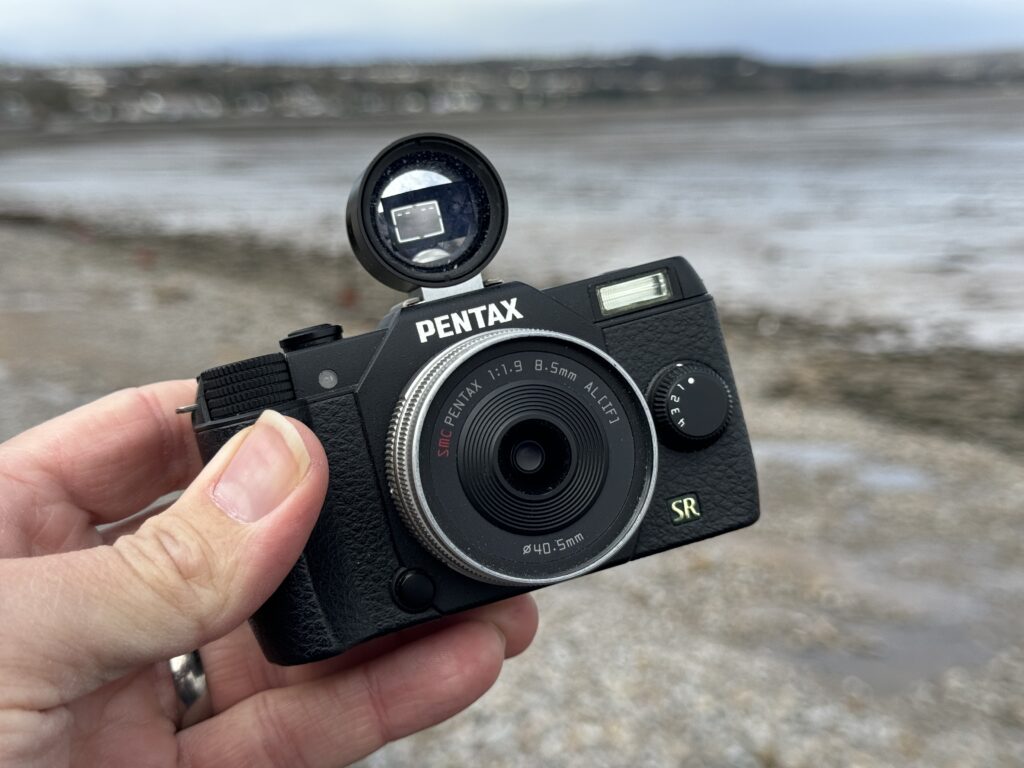
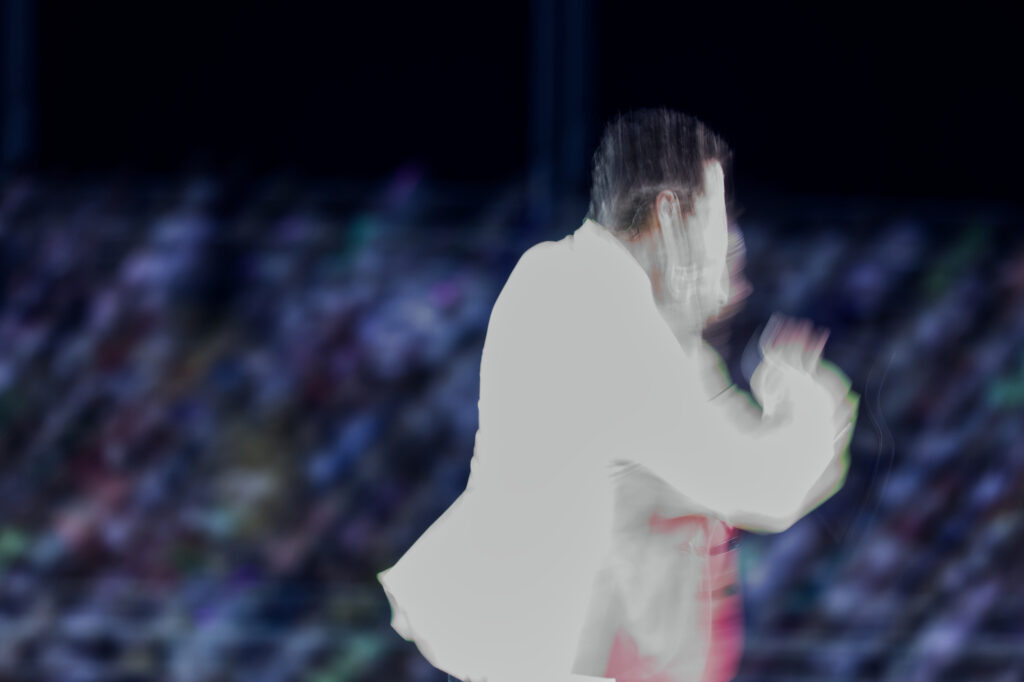




Comments
anon on What Does ‘Professional’ Mean in Photography?
Comment posted: 19/03/2024
Comment posted: 19/03/2024
Jack on What Does ‘Professional’ Mean in Photography?
Comment posted: 19/03/2024
Jeff T. on What Does ‘Professional’ Mean in Photography?
Comment posted: 19/03/2024
Stefan Wilde on What Does ‘Professional’ Mean in Photography?
Comment posted: 19/03/2024
Ibraar Hussain on What Does ‘Professional’ Mean in Photography?
Comment posted: 19/03/2024
I’ve a good friend who is a professional photographer
As he says, it’s a job and a full time daily one. it doesn’t mean he’s ‘good’ or talented more than an amateur , it means he is set assignments whether he likes them or not and wishes he could find the time to photograph how and what he wants
The cameras are the right tools for the job rather than all out creative tools
Personally I couldn’t ever be a ‘pro’ I photograph stuff I like for my own pleasure
Whereas he cannot while working
Geoff Chaplin on What Does ‘Professional’ Mean in Photography?
Comment posted: 19/03/2024
Ron Peters on What Does ‘Professional’ Mean in Photography?
Comment posted: 20/03/2024
A profession is an occupation where what is delivered to the customer is valuable non-material. Teaching is a profession as knowledge is non-material. Other professions include physician, engineer, accountant and so on.
A photograph is a material thing, hence photography is a trade, like carpenter, printer, plumber, etc.
Playing a game with a ball is not a profession, it is entertainment. It has no lasting value. Calling oneself a professional when engaged in a trade is simply self aggrandizement.
Comment posted: 20/03/2024
Röd White on What Does ‘Professional’ Mean in Photography?
Comment posted: 20/03/2024
It actually bears no relevance to the camera used, the quality of the bag the kit is carried in, or other accessories in the gadget bag.
Photography, like many other hobbies or interests evokes all kind of fascinating and emotive responses from people. It's fun to stand back and watch the fireworks and vehement disagreements and it can definitely be a 'light the blue touch-paper and run' style conversation starters.
For those of us who are lucky enough to 'not' having to depend on photography to pay the bills, we should just enjoy it for all the joy it brings with whatever kit we like to use and be proud of that rather than aspiring to a profession that is definitely not what it once was and rife with people trying to rip you off all the time.
You don't see too many professional photographers running around with paired up Leica M11s, Noctilux lenses and all carried about in lavish Oberwerth leather camera bags.
Conversly, there are plenty of professional photographers who make a living creating content on their iPhones and some really low-end consumer cameras. Are they any less professional than the Leica guy?, or the Canon guy with the expensive 300mm f2.8 lens?
When photography is your hobby, it's also your passion and most hobbyists are passionate and protective about their kit too. When photography is your business, you're generally looking for ways to turn jobs around quickly, optimise workflow and have workhorse cameras which are often battered and sometimes falling apart. That last bit isn't mandatory though as some people also look after their kit.
Consider this... Do you call yourself a professional photographer when you're out shooting street, or personal projects for fun and non-commercial gain?
Ian C on What Does ‘Professional’ Mean in Photography?
Comment posted: 20/03/2024
Jalan on What Does ‘Professional’ Mean in Photography?
Comment posted: 20/03/2024
Dan Castelli on What Does ‘Professional’ Mean in Photography?
Comment posted: 20/03/2024
Amateur: You don't make your living taking photographs.
demi-god: Henri Cartier-Bresson.
photo jester: me.
Bill Brown on What Does ‘Professional’ Mean in Photography?
Comment posted: 20/03/2024
I also disagree with the statement that the professional photographer is not there to create 'art' but to deliver results that are acceptable to the client. A professional should be producing more than just acceptable results otherwise why would anyone be willing to pay a professionals fee? The portrait photographer I've collaborated with for 34 years excels at giving his clients more than a stock portrait. The final print can be a work of art that remains in a family for generations, not just another piece of stuff to own. The first pro photographer I worked with taught me that excellence was not something you hoped to achieve once in a while but it was to be part of my daily workflow. Professional is a state of mind.
Khürt Williams on What Does ‘Professional’ Mean in Photography?
Comment posted: 22/03/2024
Gil Aegerter on What Does ‘Professional’ Mean in Photography?
Comment posted: 24/03/2024